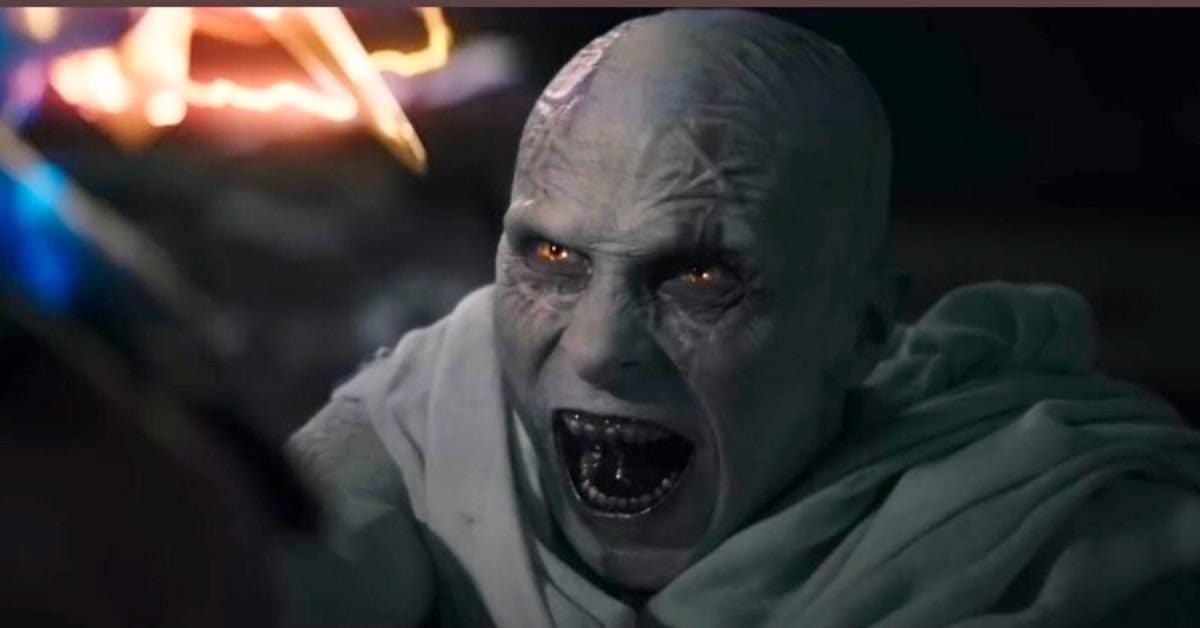Love is "Love and Thunder" | Review
Another classic Thor adventure!
Going into Thor: Love and Thunder, the most recent installment in the Marvel Cinematic Universe, I didn’t think expect to think about The Supreme Court as often as I did. After all, there’s very little on their face that would connect The Asguardian Avenger and The Highest Court in the Land. And on top of that, I typically go to the movies to relax and escape the daily news cycle.
But despite my best efforts, the mad ravings of known-sexual-predator Justice Thomas were ringing in my mind throughout my screening. And it wasn’t just because the Justice’s depraved ramblings should haunt us all, day and night. It was because the story of Thor: Love and Thunder will resonate with anyone living in America in 2022.
When Taika Waititi (Jojo Rabbit, What We Do in the Shadows) took the helm in Thor: Ragnarok, he wanted to shave the sharp edges off the character; transform Thor (Chris Hemsworth) from a grandiose opera singer to a 70s hair-rock star. In keeping with that effort, his chief priority in Thor: Love and Thunder is to modernize the character, making a millennia old god into a millennial. Thor makes pancakes on an electric griddle. Thor meditates. And Thor’s biggest problem is that it’s hard to maintain adult friendships in the 21st century. Well that, and that a guy calling himself Gorr The God Butcher (Christian Bale) is bouncing around space with something called The Necroblade, killing any god he can get his creepy little hands on.
There’s been a lot of ballyhoo online about Bale’s performance as Gorr. And while it’s a stretch to call it Oscar-worthy, its absolutely an S-Tier Marvel Villain performance. So many Marvel villains end up being upset about some unexplained off screen pond scum that we just have to barrel through because it gets us to the film’s central conflict.
By contrast, Bale’s Gorr is on a mission that is so easy to understand that, if it didn’t involve killing our hero, we might root for him. That is, until we remember that he’s a merciless killing machine with a plan to kill off everyone anywhere whose enjoying themselves so the universe will be just as miserable as he is.
And that’s just about where the Supreme Court of it all pops up. Gorr transports himself though shadows, and resides in a far off corner of the universe called The Shadow Realm. Whether or not he has a Shadow Docket remains to be seen. In explaining the Shadow Realm to Jane Foster (Natalie Portman) and Valkyrie (Tessa Thompson) Thor says that “even color itself fears to tread there.”
And that’s true literally1 and figuratively. Love and Thunder is interested in showing an inclusive version of love that isn’t limited by the fences of previous Disney properties. Valkyrie slides her way along the Kinsey Scale from where we left her in Ragnarok. Fan-favorite Korgg (Director Taika Waititi himself) is revealed to be a part of an all-male species, with a very specific mating ritual. And while they never go so far as to give Thor an “exclusively gay” moment, his love is described as “indiscriminate” in the opening minutes of the movie.
All is this is say that, when Thor’s goat-powered-technicolor-dreamboat-of-love smashes into Gorr’s colorless hellscape, I couldn’t help but hear Clerance Thomas questioning the Obergerfell decision, which legalized same-sex marriage. Or the Lawrence decision, which guaranteed same sex couples the right to do whatever they’d like in their own homes without worrying about legal repercussions. And while it may be stretching the metaphor beyond it’s breaking point, there is a scene where Gorr forces Thor to call his weapon against his will, that hit me in a very weird way it probably wouldn’t have before the Dobbs decision.
As a movie, Thor: Love and Thunder is a good, fun time at the movies. Some of the jokes linger for too long2. But the fundamental story is, as our hero repeats throughout the film, “Another classic Thor adventure!” It’s a cosmic war between fundamental good and evil. A rainbow-colored-utopia fighting against a black-and-white vision of the universe that Gorr insists will Make Eternity Great Again.
All the scenes in The Shadow Realm are shot using a stunning black-and-white effect that shows off how drab the usual Marvel house style is. Even a setting without colors looks more interesting than that tarmac from Civil War.
No! Surly not. In a Taika movie?




